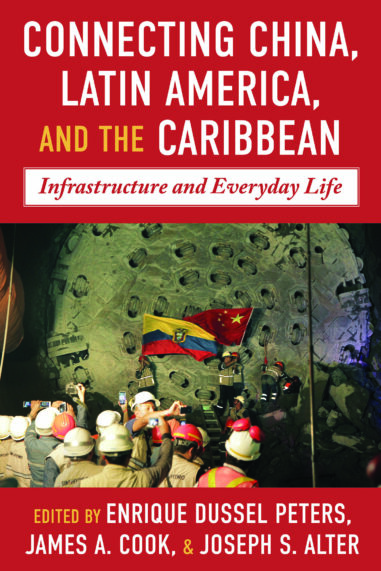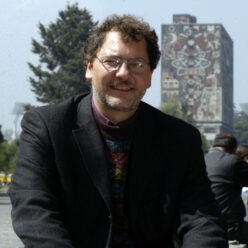
Hardcover $60.00
Request Exam or Desk Copy. Request Review Copy
Connecting China, Latin America, and the Caribbean
Infrastructure and Everyday Life
These detailed case studies illuminate recent Chinese relations with Latin America. They explore a budding Chinatown in Mexico City, Chinese restaurants in Peru, public perceptions of China in Chile, and infrastructure projects across the region. Scholars largely from Latin America and China explain everything from the inner workings of Chinese migrant organizations to the geopolitics of soybeans.



